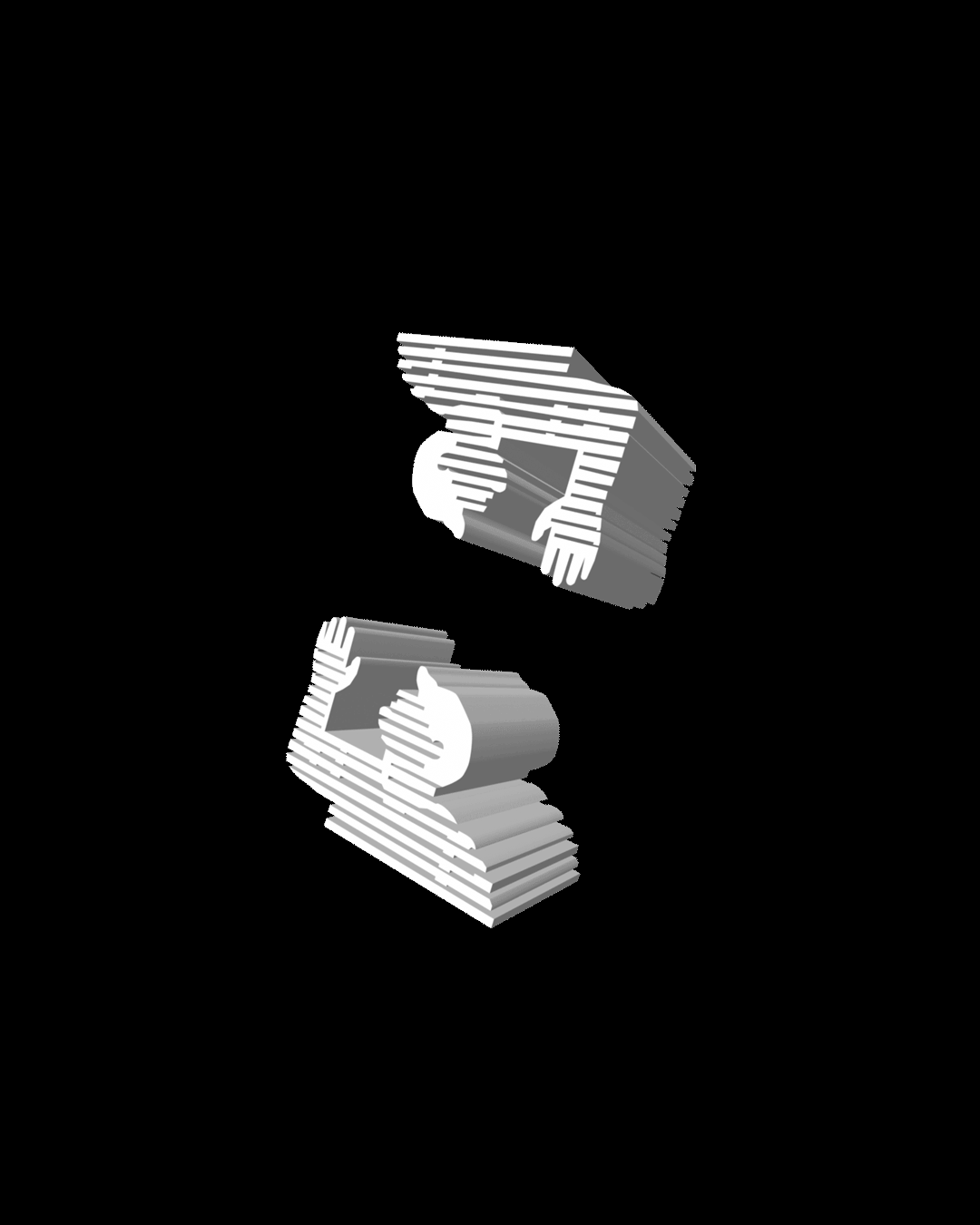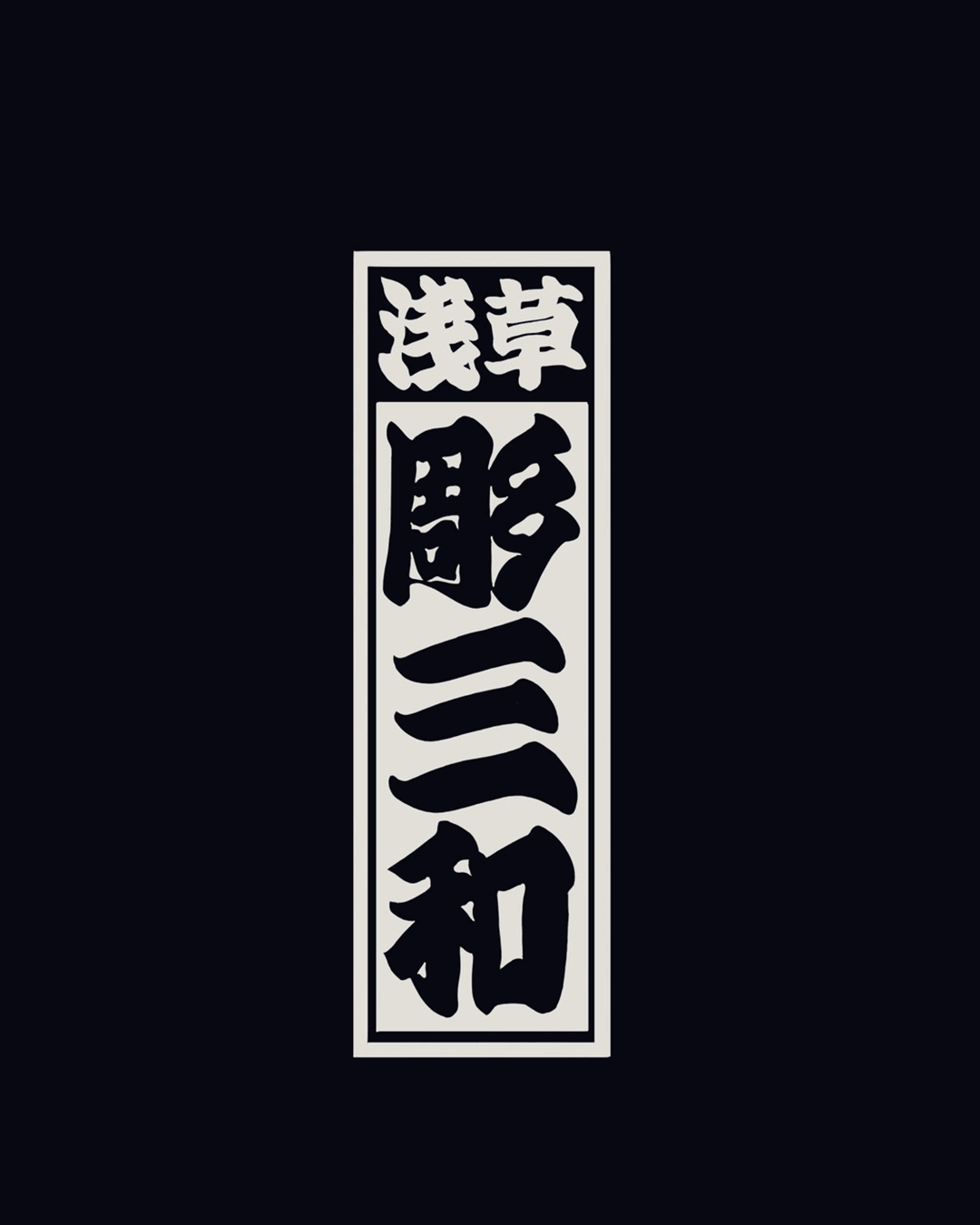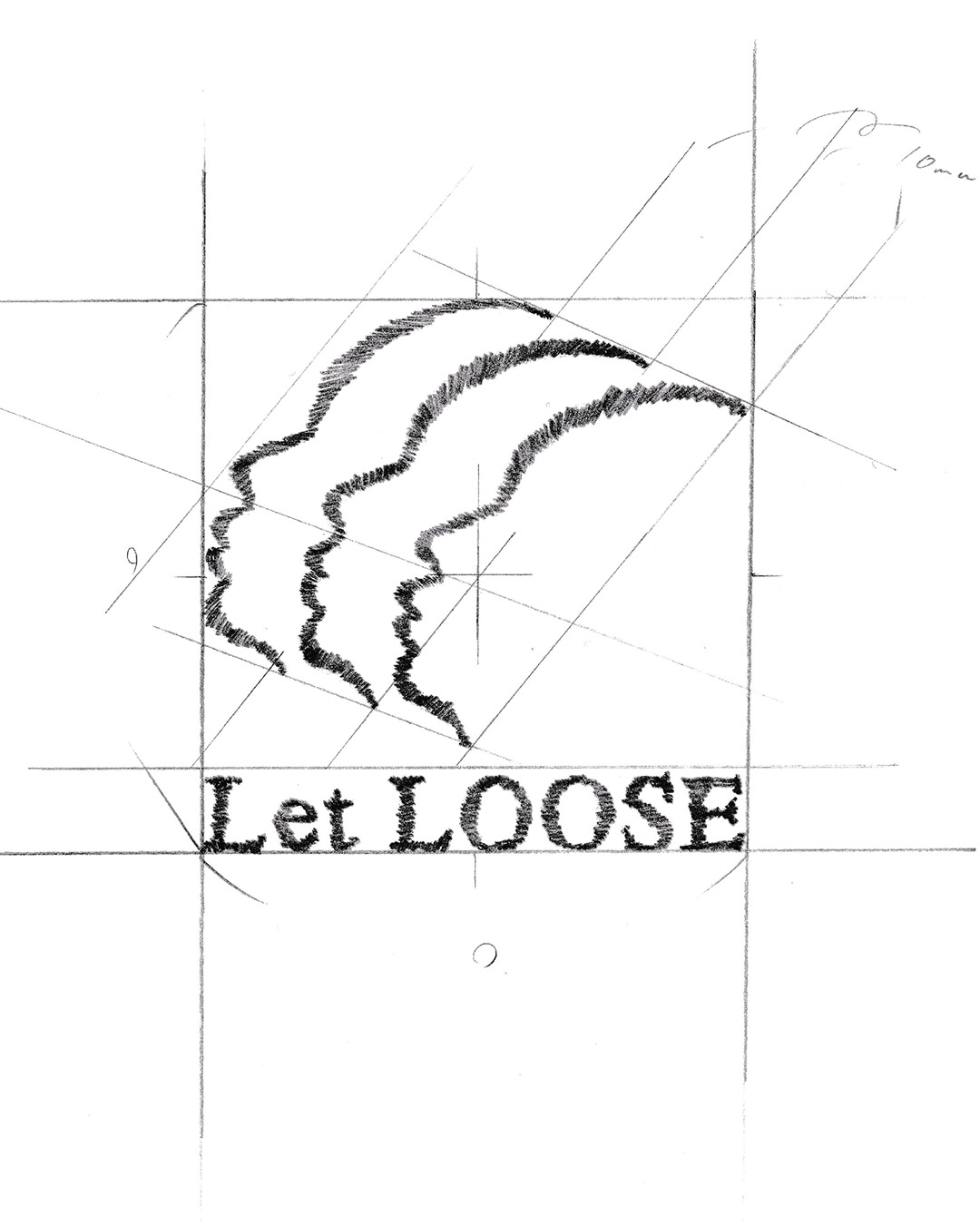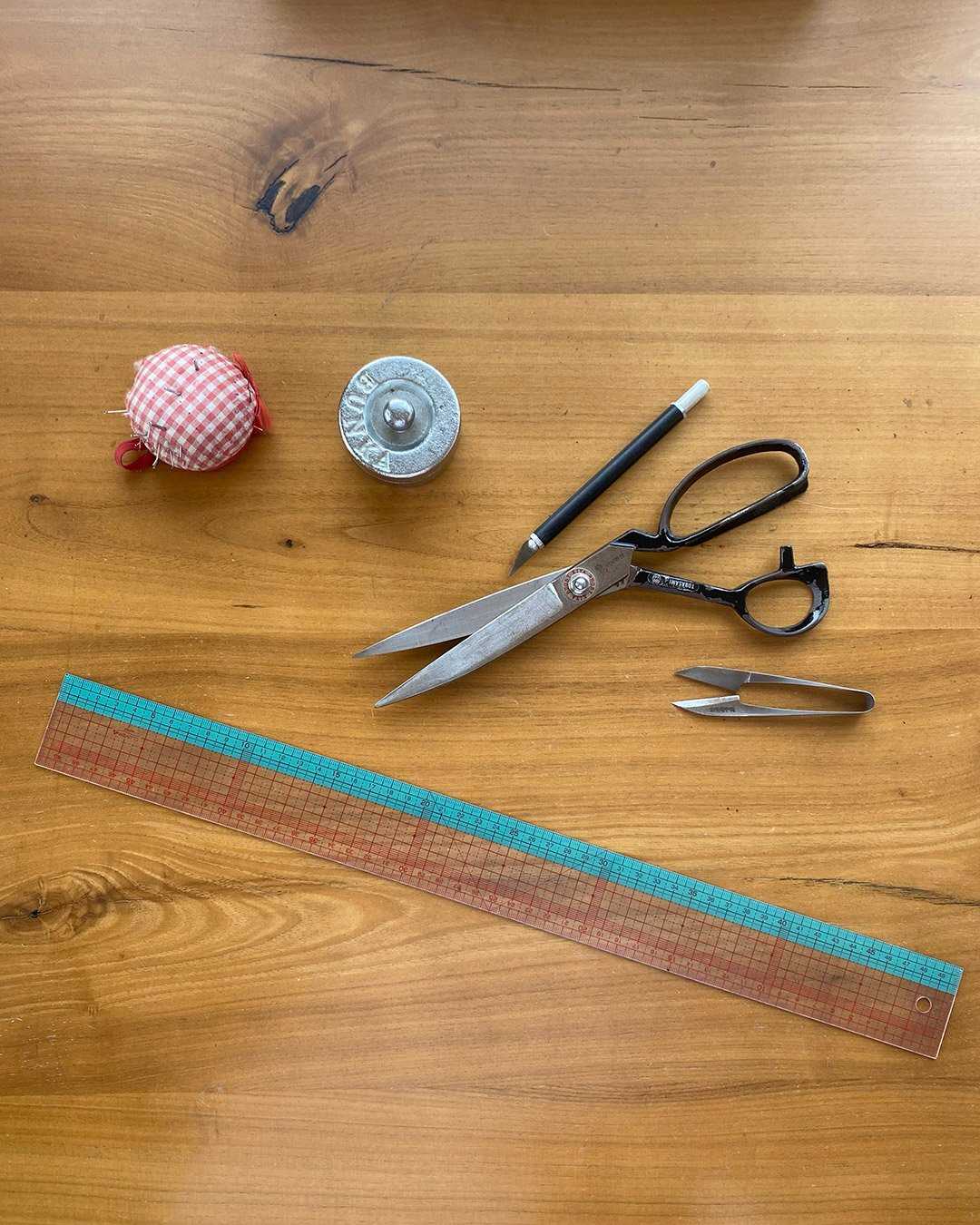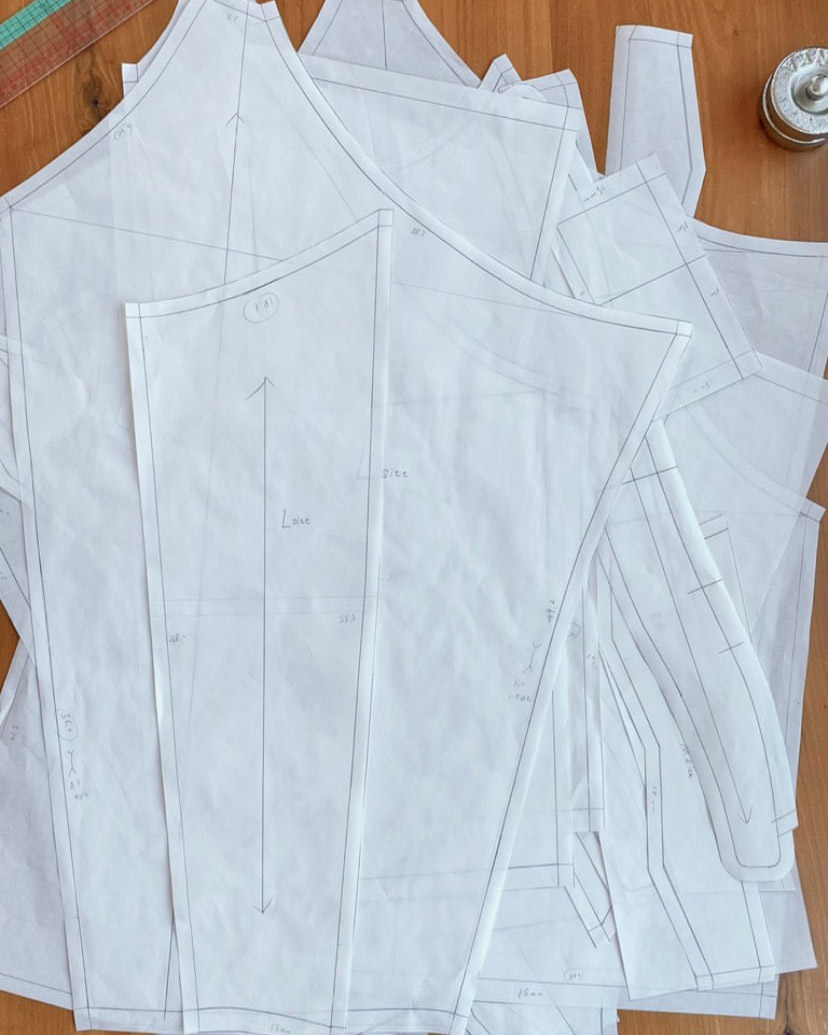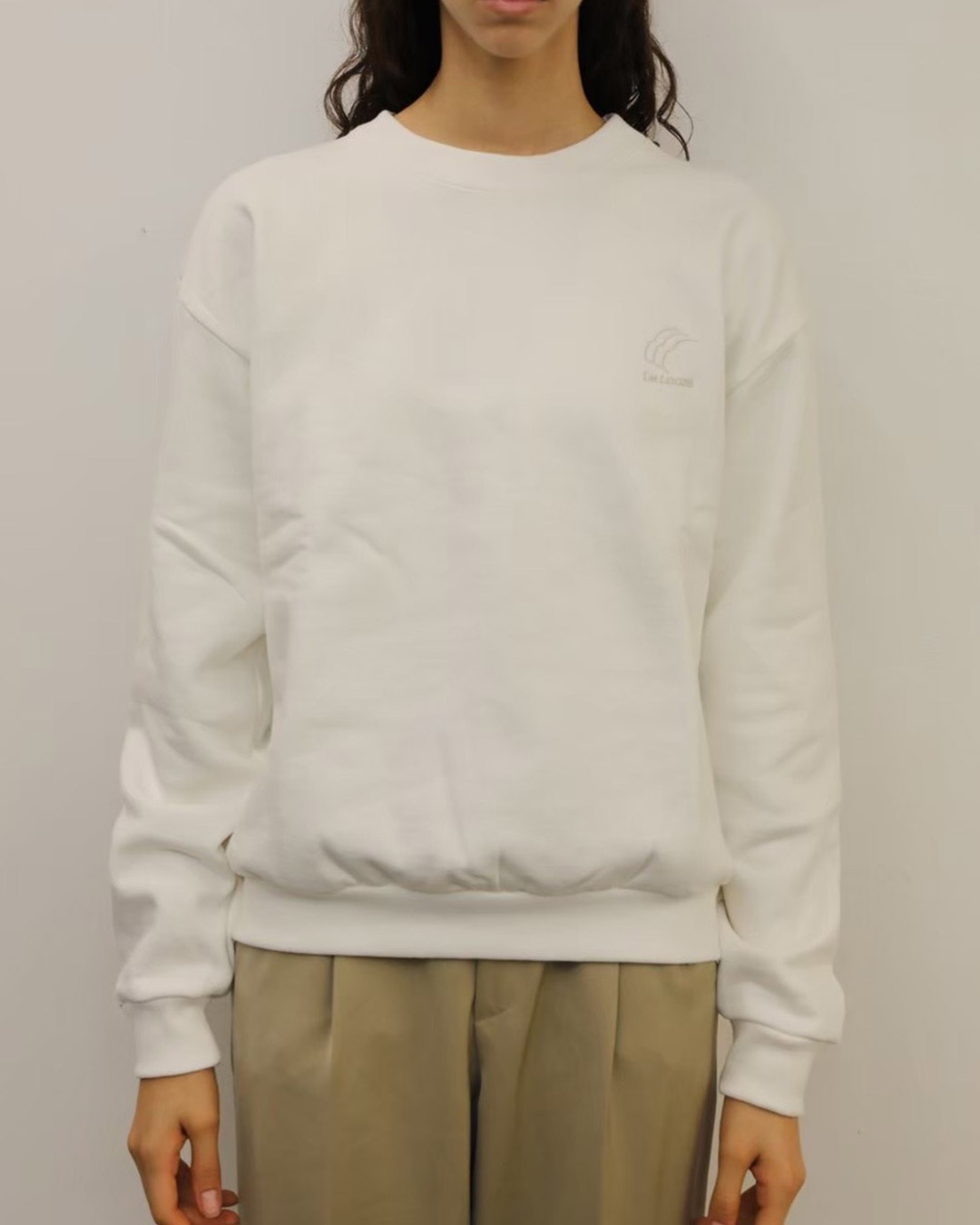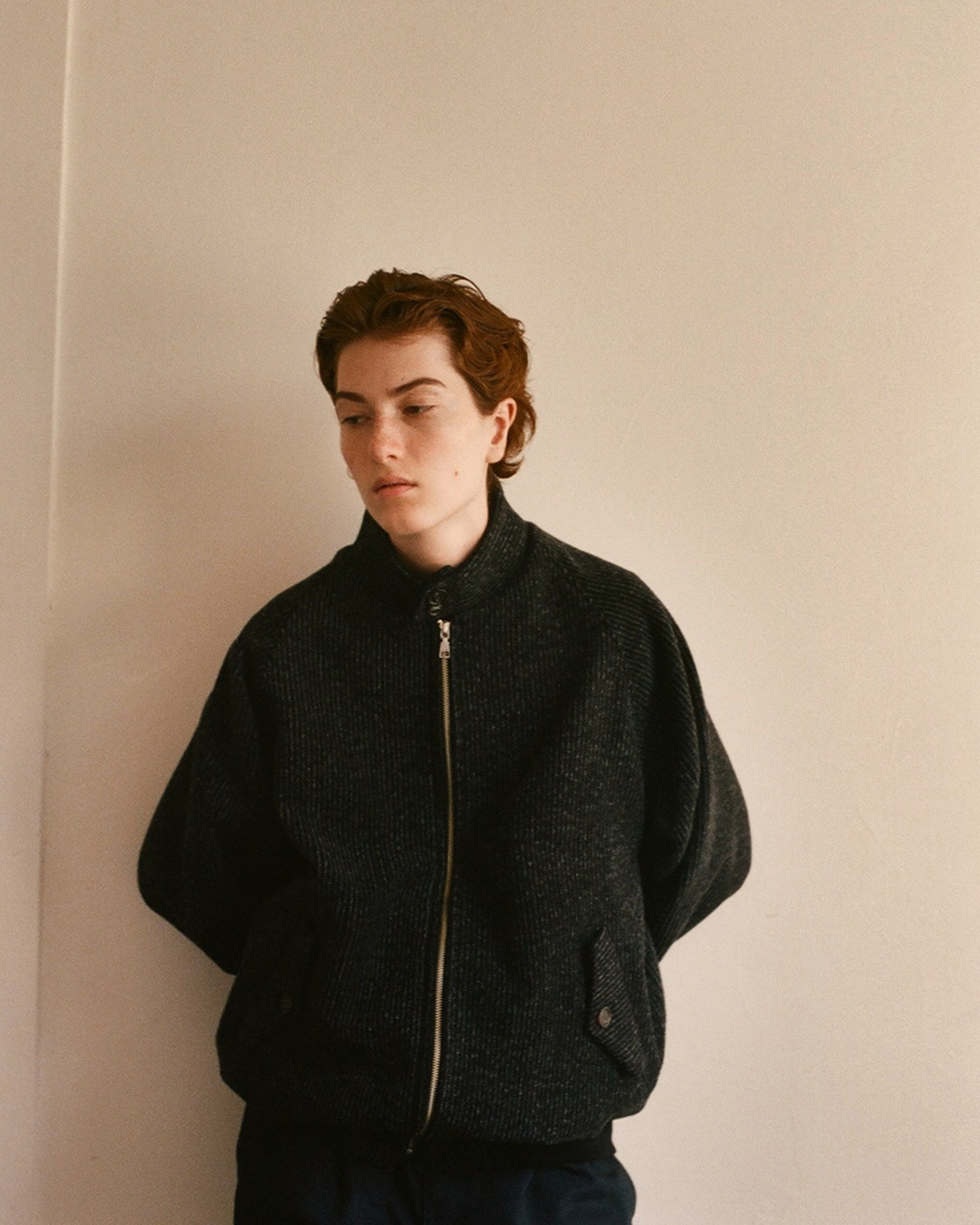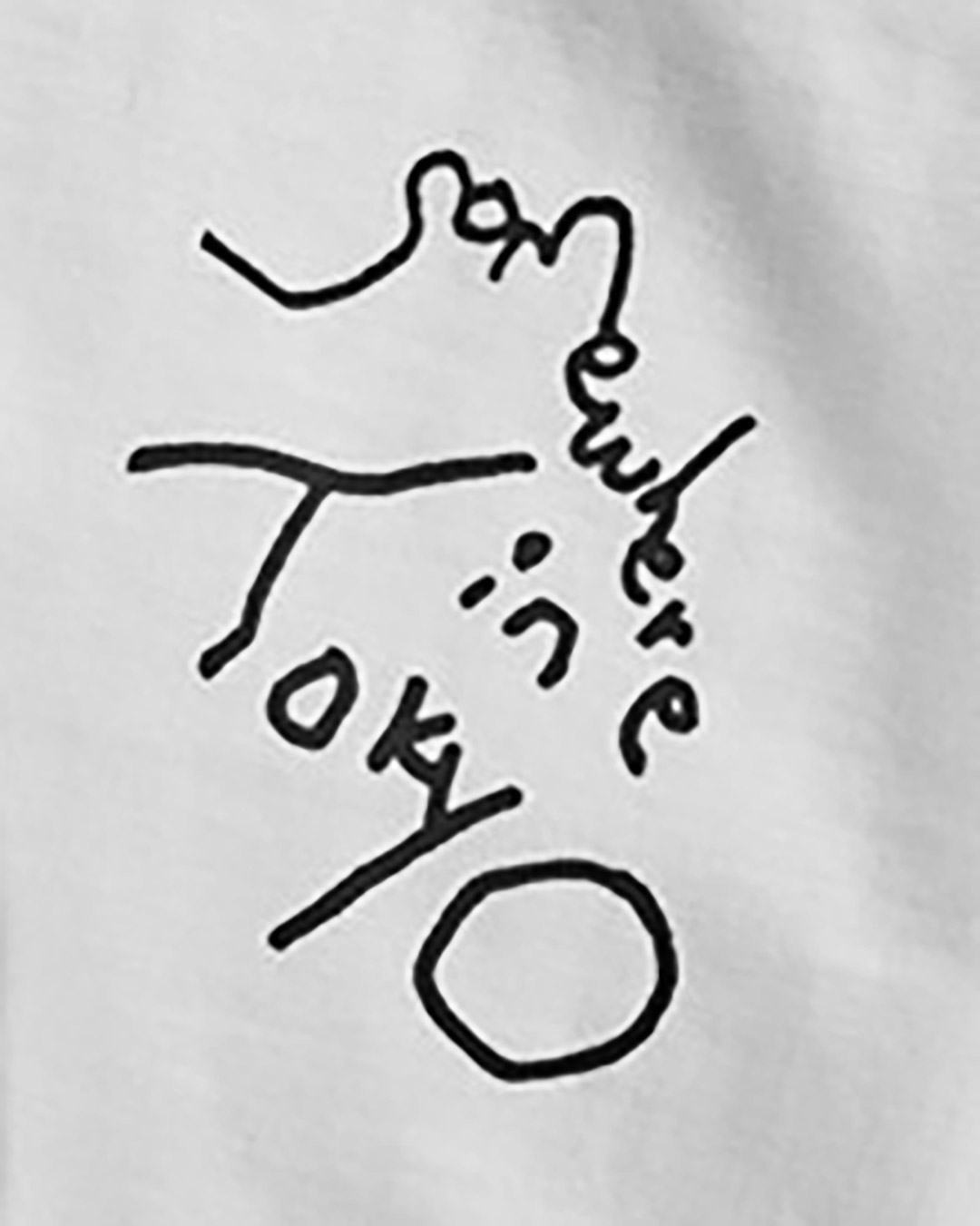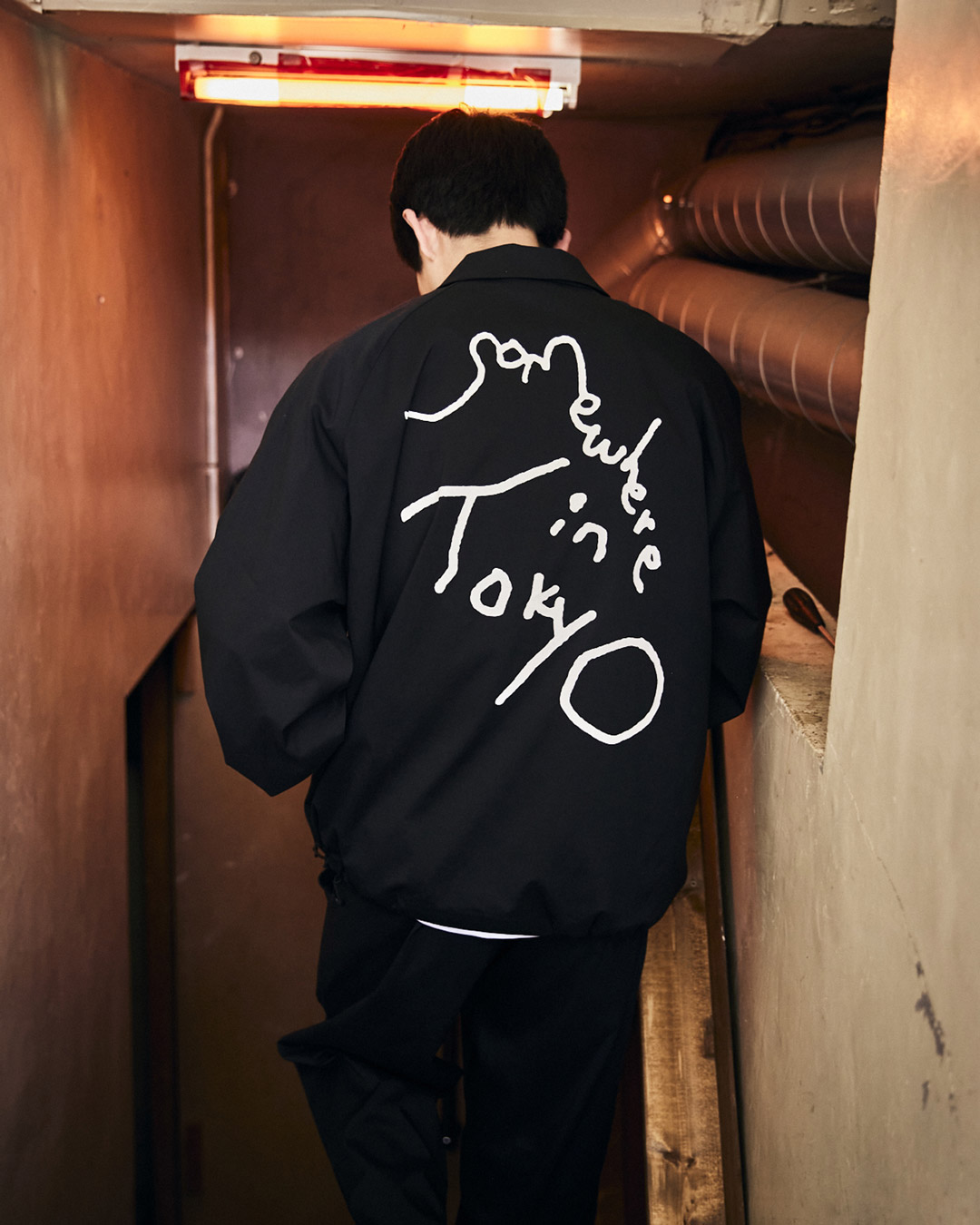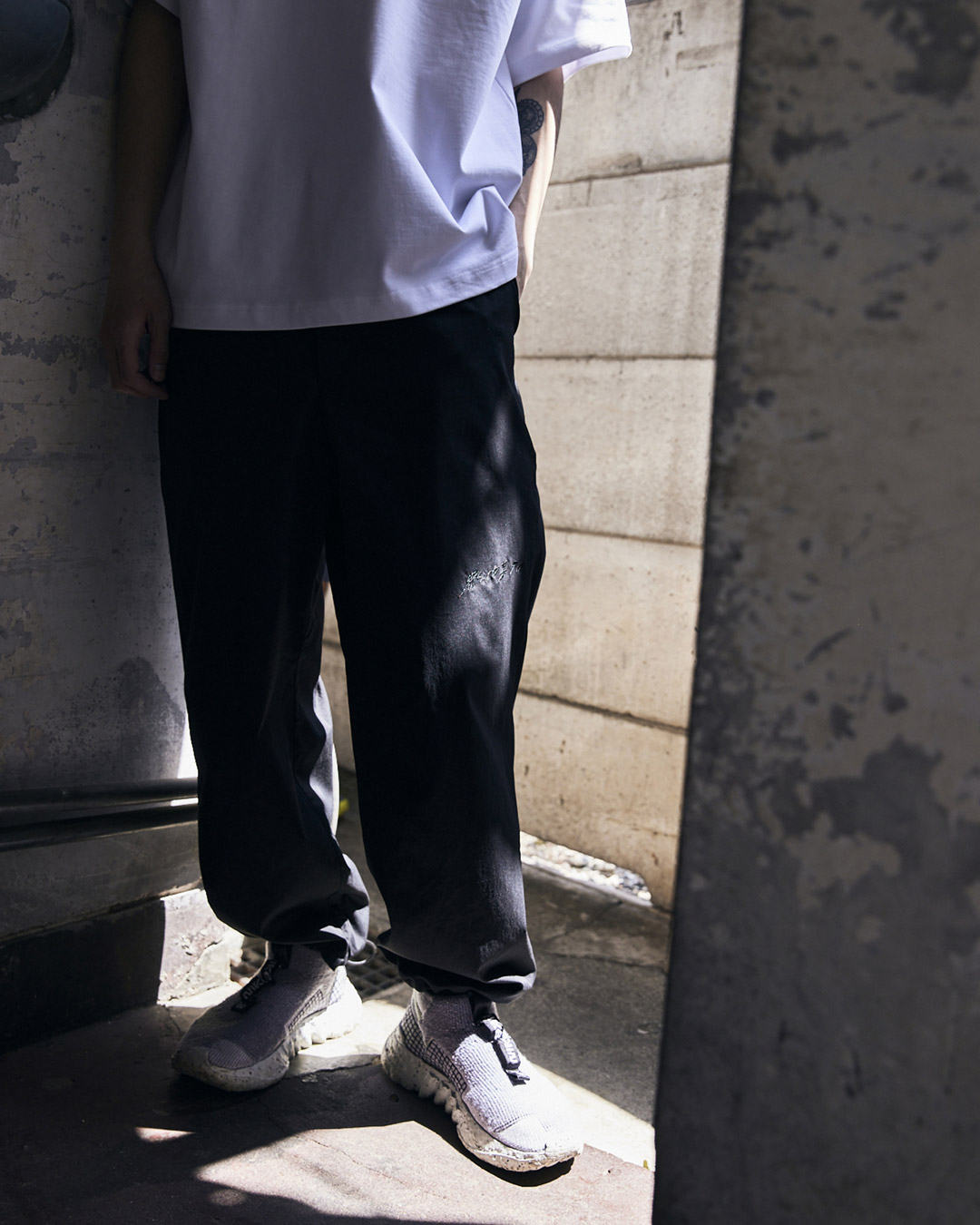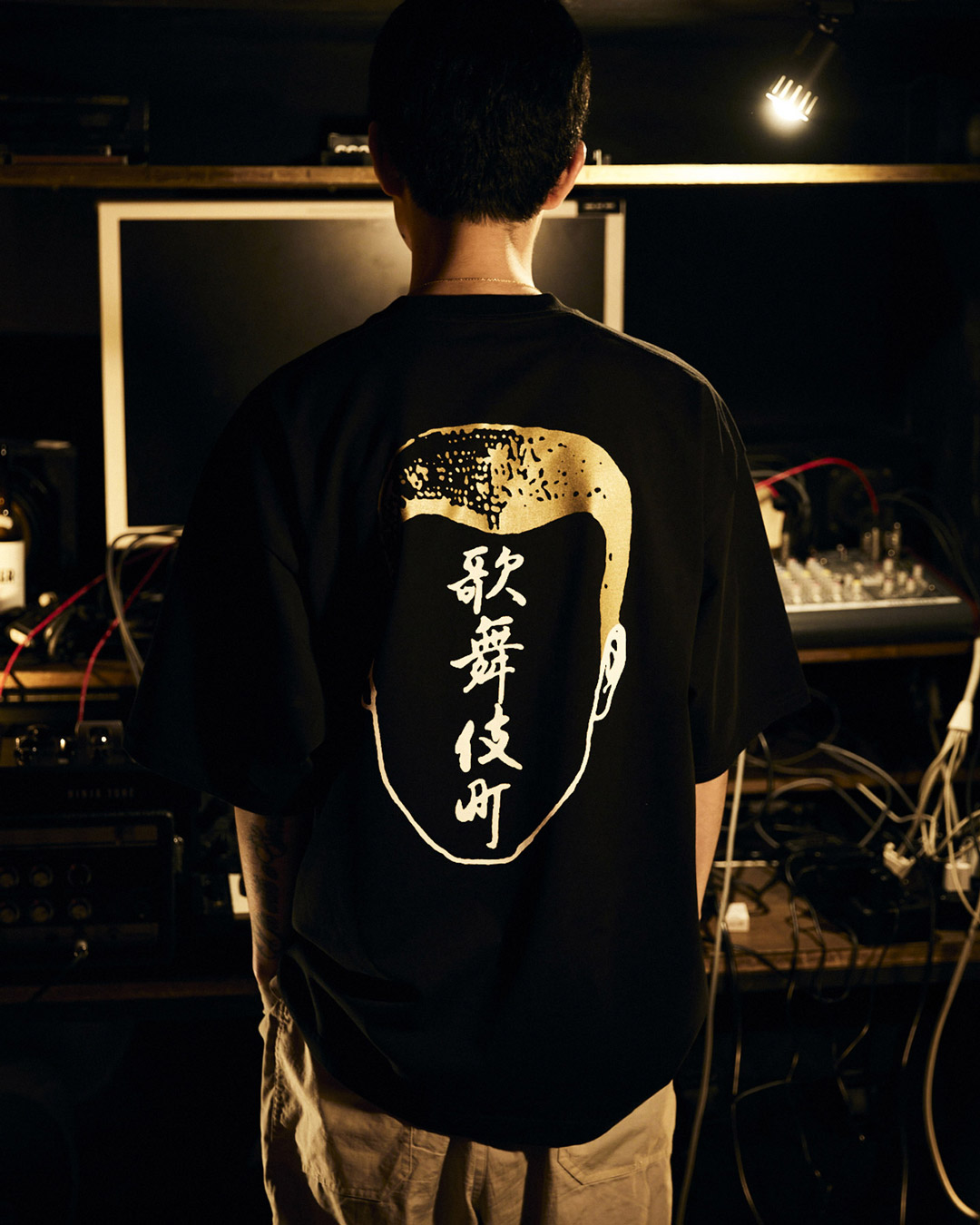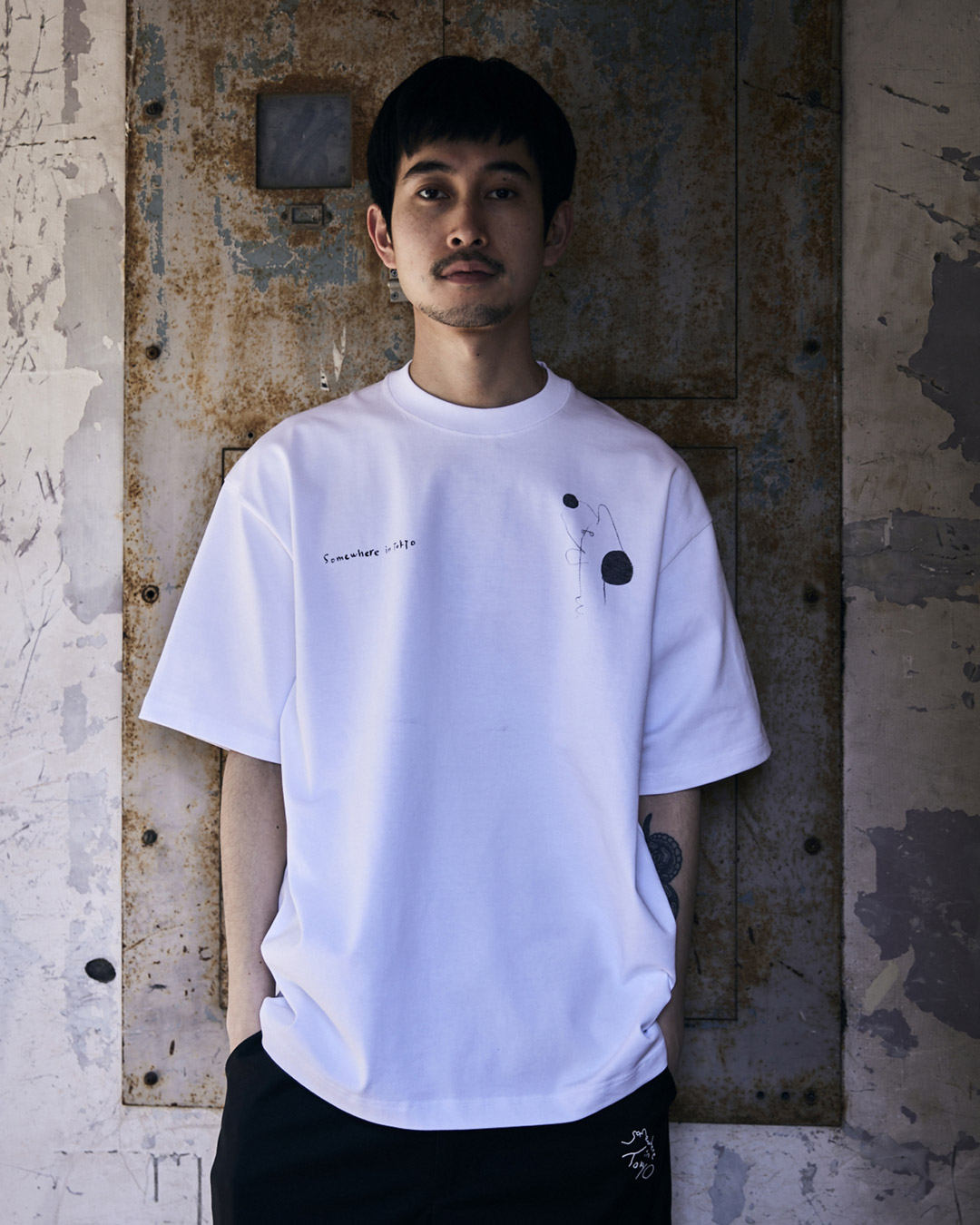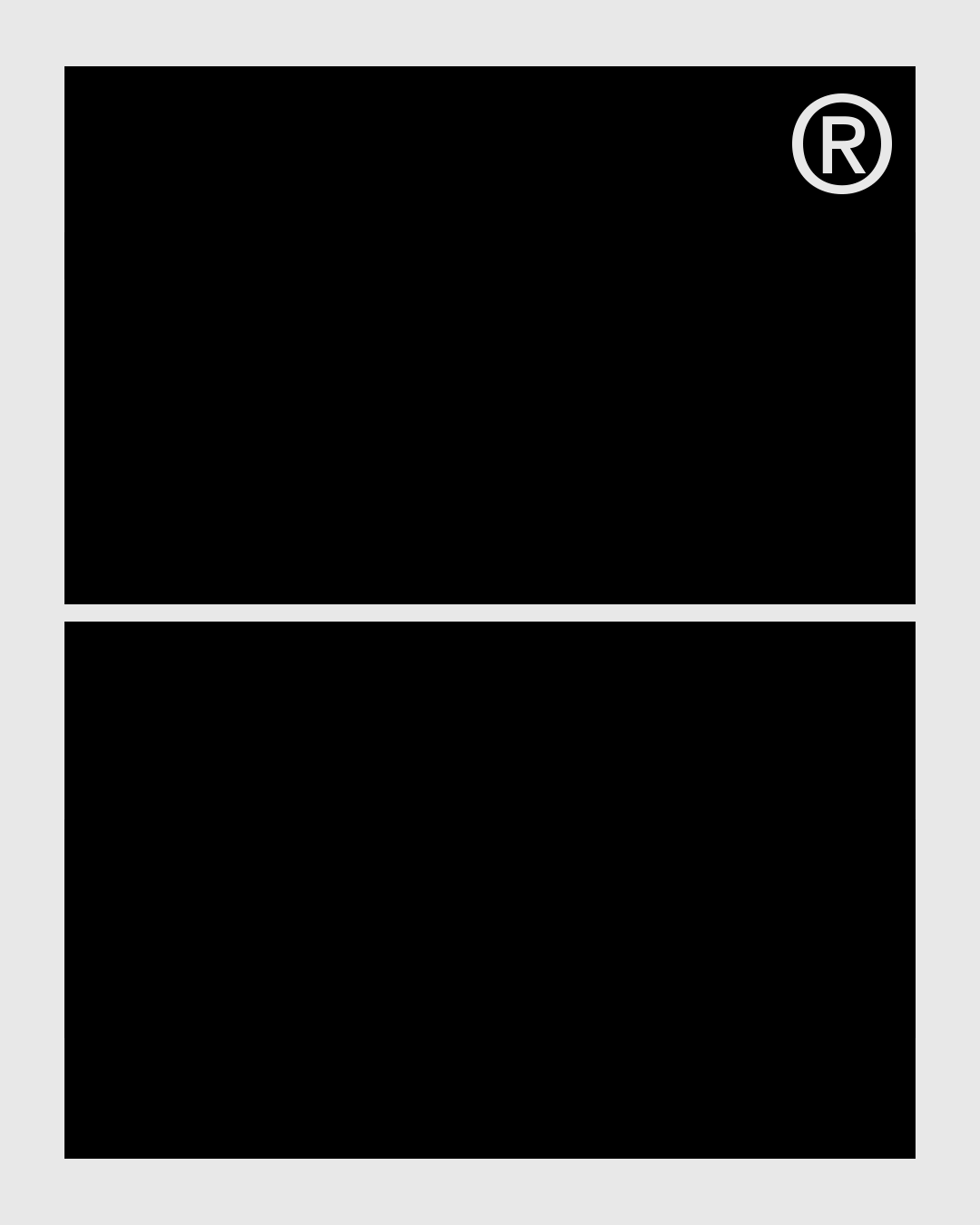On Hannah Arendt:
for
Exhibition
at
Richard Saltoun Gallery,
London
Richard Saltoun
Richard Saltoun Gallery
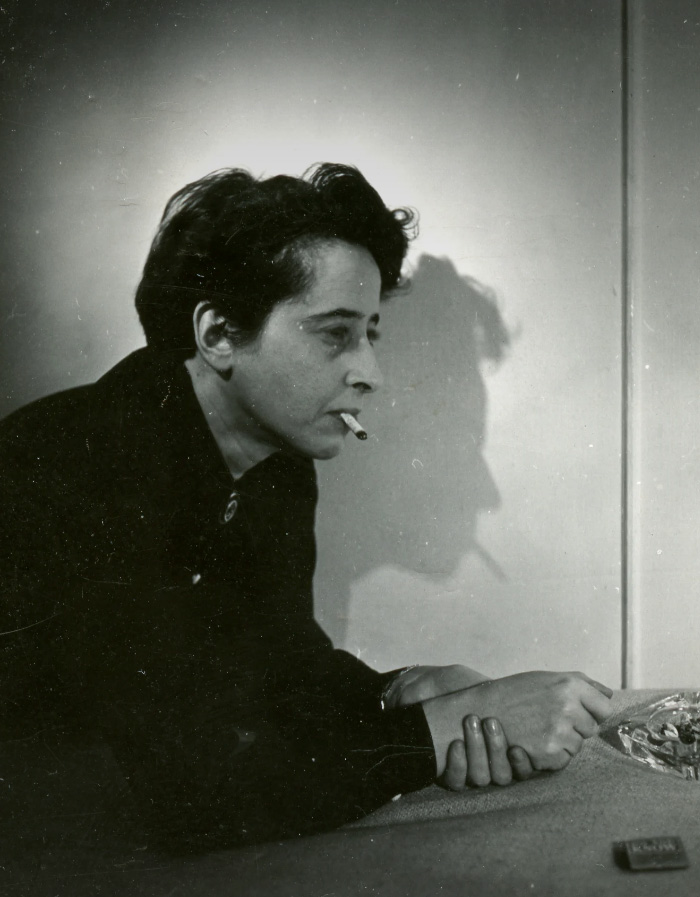
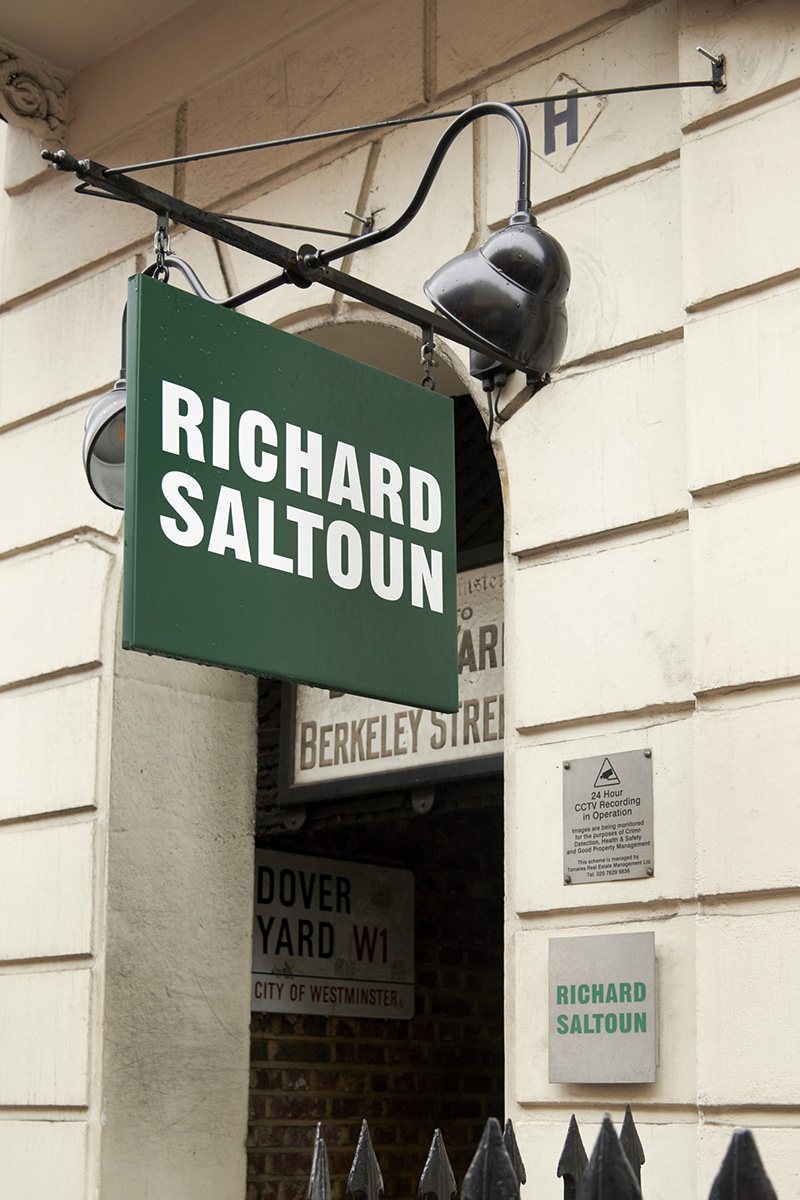
Starting from March 2019, the gallery’s
year-long programme 100% Women, which addressed the gender imbalance that
continues even today in the art world, was multi-faceted, delivered across
gallery exhibitions, art fairs, digital presentations, public talks,
discussions and events.
Continuing its thematic approach to
exhibitions, Richard Saltoun
Gallery is currently running On Hannah Arendt: Eight Proposals for Exhibition that focuses on one of the
greatest thinkers from the post-war generation, Hannah Arendt, and the 1968
final edition of her work Between Past and Future. Featuring twenty international artists who
present, interpret, infer, and offer solutions to Arendt’s ideas in the
book, the eight
exhibitions tackle “questions” posed by each essay in the publication — “Tradition and
the Modern Age”, “The Concept of History”, “What Is Authority?”, “What Is
Freedom?”, “The Crisis in Education”, “The Crisis in Culture”, “Truth and
Politics”, and “The Conquest of Space and the Stature of Man.” The exhibitions will run until
in sequence
until 31 December of this year. Incidentally,
it’s extremely rare for a commercial gallery to undertake a single theme such as 100%
Women or On Hannah Arendt for an extended period of
time such as one year, and it’s extremely rare for a gallery to cooperate with
unaffiliated artists.
Here, is what heard from
the representative of Richard Saltoun Gallery, Richard Saulton
himself.
On Hannah Arendt:
‘The Modern Age’
11 January—26 February 2021
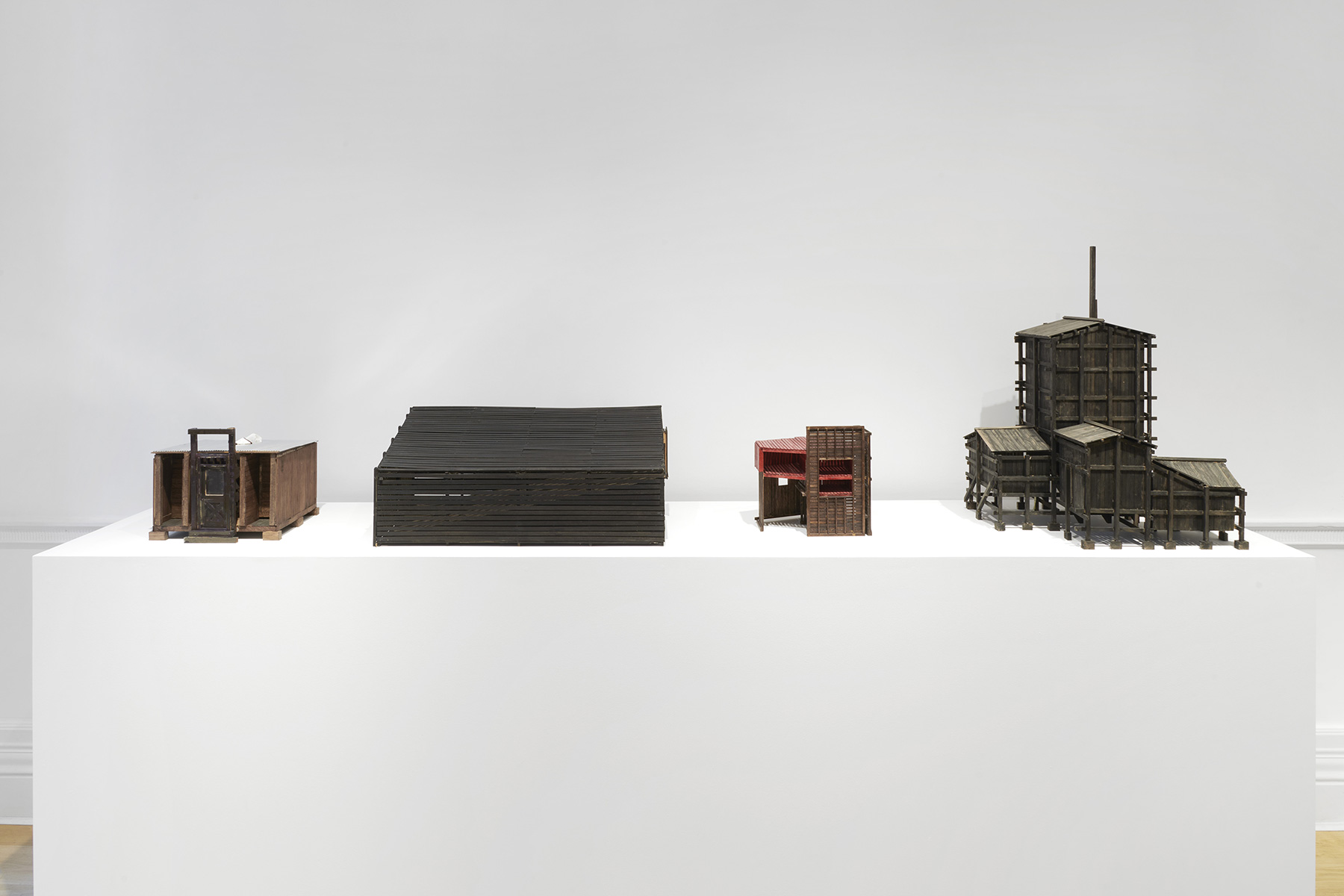
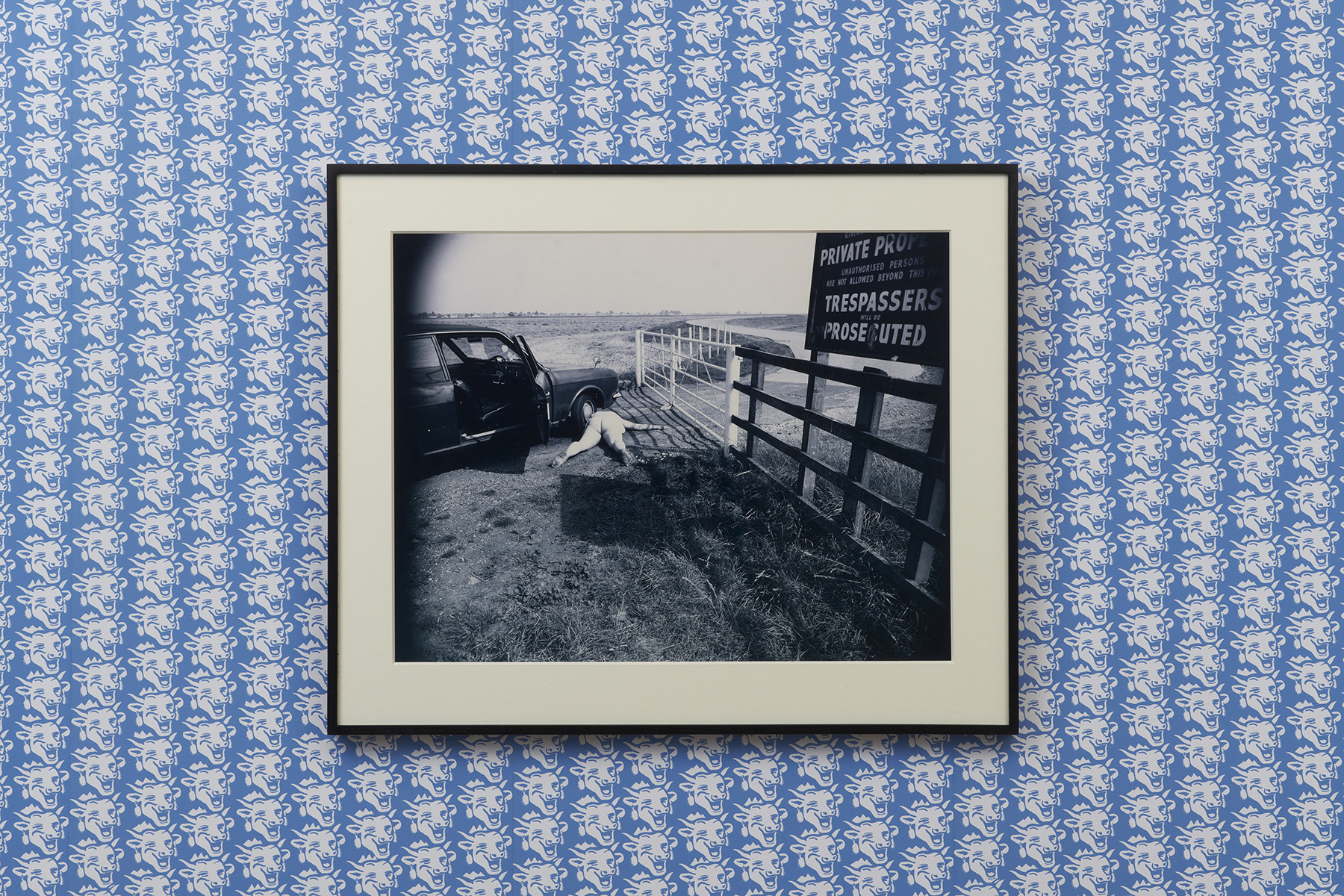
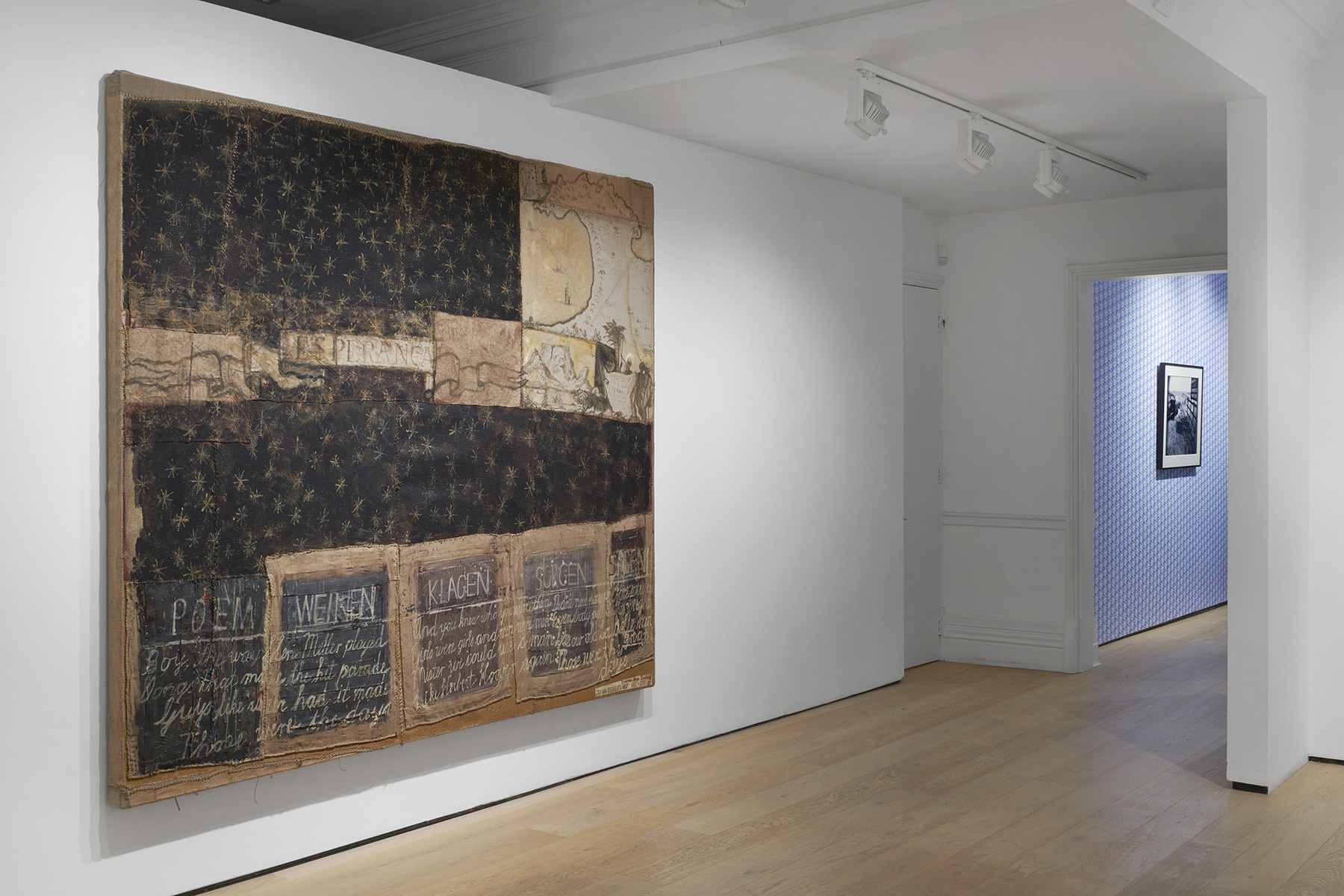
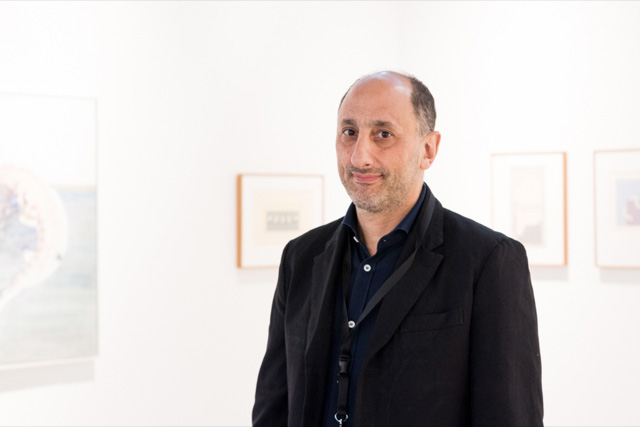
Richard Saltoun
Since its opening, Richard Saltoun Gallery has been committed to supporting under-represented artists, but was there any concern or distrust in the current art world behind the establishment the stance of such a gallery?No, there was no concern on our part about supporting under-represented artists. That is at the heart of what we do. The wider art world — collectors, artists, curators alike — also benefit from discovering and learning about new artists who have been overlooked yet deserve a rightful place in art history.
What do you think are the main reasons why important yet under-recognised artists have been overlooked?Many of the important yet under-recognised artists we work with are women, and women have been excluded from art history for a variety of reasons that are now well known – institutional bias, structural barriers, gender inequality and so forth. The market also has a large role to play. Artists who have pioneered new ways of making, or made conceptually-driven work, haven’t always sold well, which has led to many being left behind.
100% Women
1 March 2019—1 March 2020
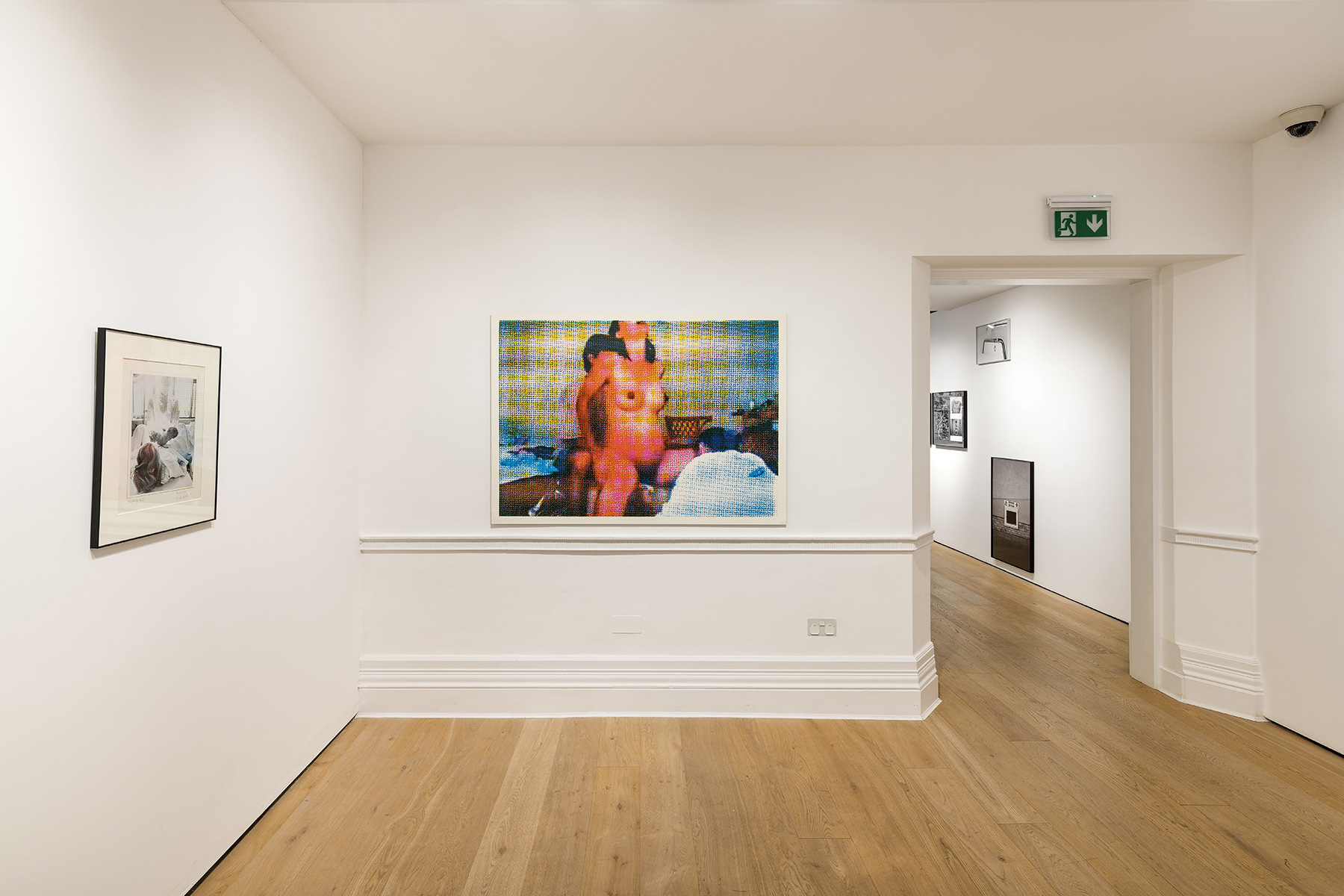
15 November―21 December 2019
Installation view
Photo by Karen Bengall
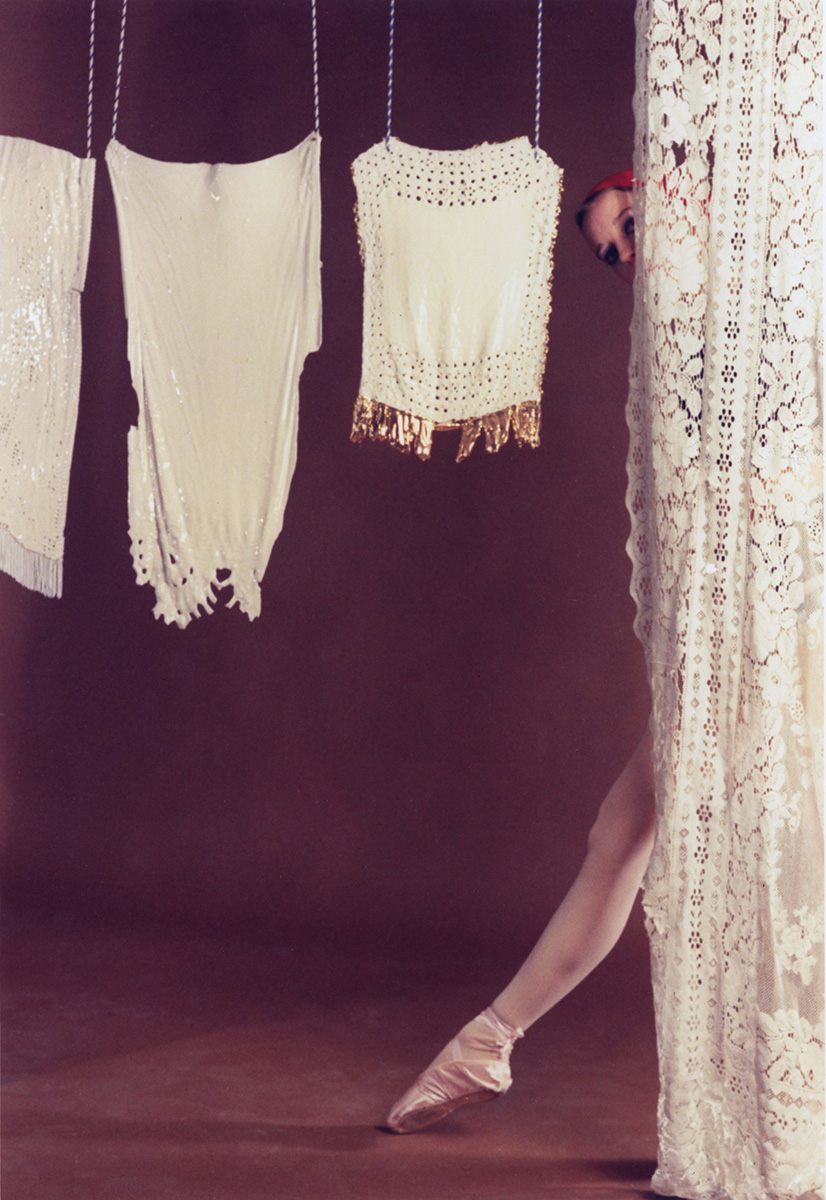
Study for A Divertissement
1973
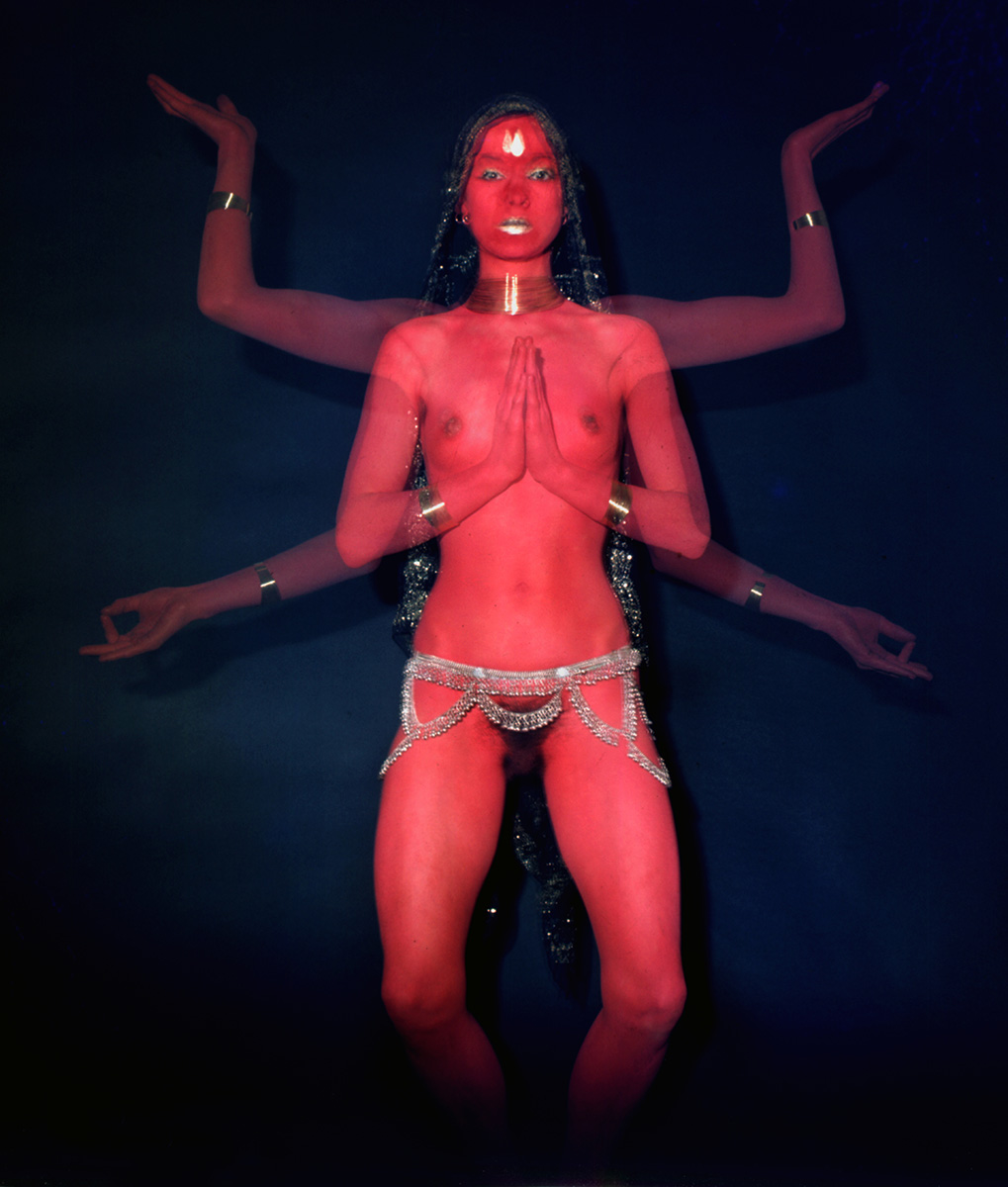
Penny as Red Dakini
Photo by Mayotte Magnus
1977
For On Hannah Arendt, please tell us the specifics about the program so that we can experience/participate online, even if we cannot actually visit the gallery.We are hopeful that the public can start visiting the gallery again come April once lockdown in the UK lifts. Until then, however, we have been hard at work developing extensive digital content. We are collaborating with the Hannah Arendt Center at Bard College on a virtual reading group. The group discusses each essay in Arendt’s 1968 publication Between Past and Future, around which all eight shows in our exhibition programme are based. The next session on ‘The Concept of History’ will be held on 10 March (link to register here). Online visitors can also watch introductions to Arendt’s essays by Roger Berkowitz, Founder and Director of the Hannah Arendt Center, and interviews between Roger and participating artists. There is also a running online exhibition, presenting new sound commissions inspired by each essay from Brazilian music producer and sound artist Laima Leyton. Finally, we have filmed guided walkthroughs of the exhibition so you can see the show — whether you’re in London or Tokyo!
On Hannah Arendt:
‘The Modern Age’
11 January—26 February 2021
Virtual Tour
What do you think can only be achieved by taking a single theme over the long period of one year, such as 100% Women and On Hannah Arendt?Developing a programme around a specific theme gives us an opportunity to make a statement and show our ambition of being critically and socially minded, which is so important in today’s world.
In this program, Laima Leyton composed sound pieces for each chapter. What are your thoughts on the potential that music brings to art programmes?Music and sound is a sensory experience, one that takes us beyond visual engagement with 3D artforms. We have worked with Laima in the past on an excellent performance at the gallery to accompany an exhibition exploring motherhood. It was very well received, and we are delighted to have been able to invite her back.
In the last few years, public interest and awareness of all social issues has increased worldwide, and I feel that this tendency has become even stronger due to the pandemic. If there is anything that art and those involved in art can do in such a situation, what do you think it is?The situation brought on by the pandemic encourages us to think and encourages us to act, just as Hannah Arendt does. Art can bring to light pressing social issues, and necessarily does so, but it is up to us to take action. As Arendt says: “We are free to change the world and start something new in it.”
On Hannah Arendt:
‘The Concept of History’ - Peter Kennard
8 March―10 April 2021
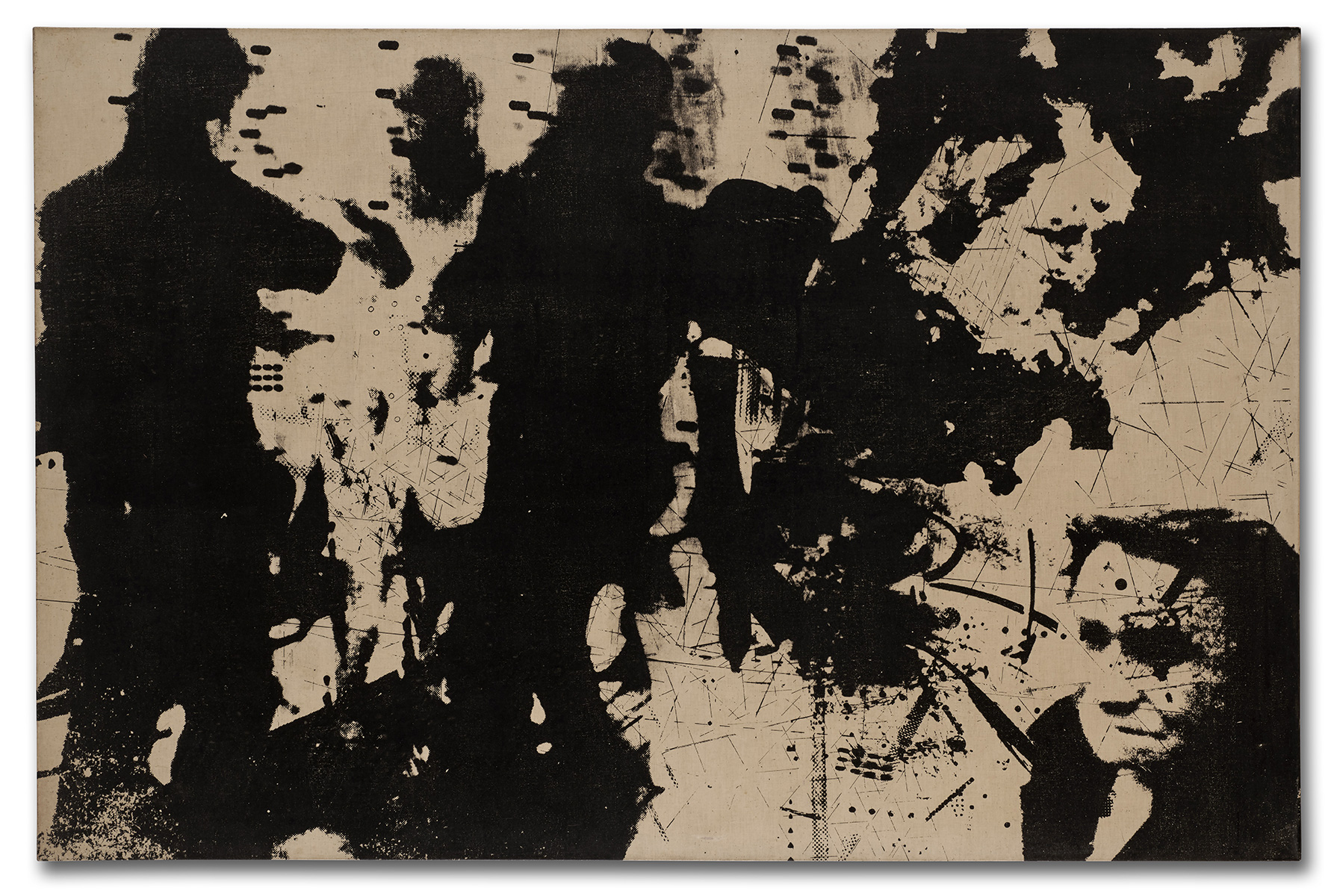
Stop 7
Oil and ink on canvas
101 × 151.5 cm
1968 - 76
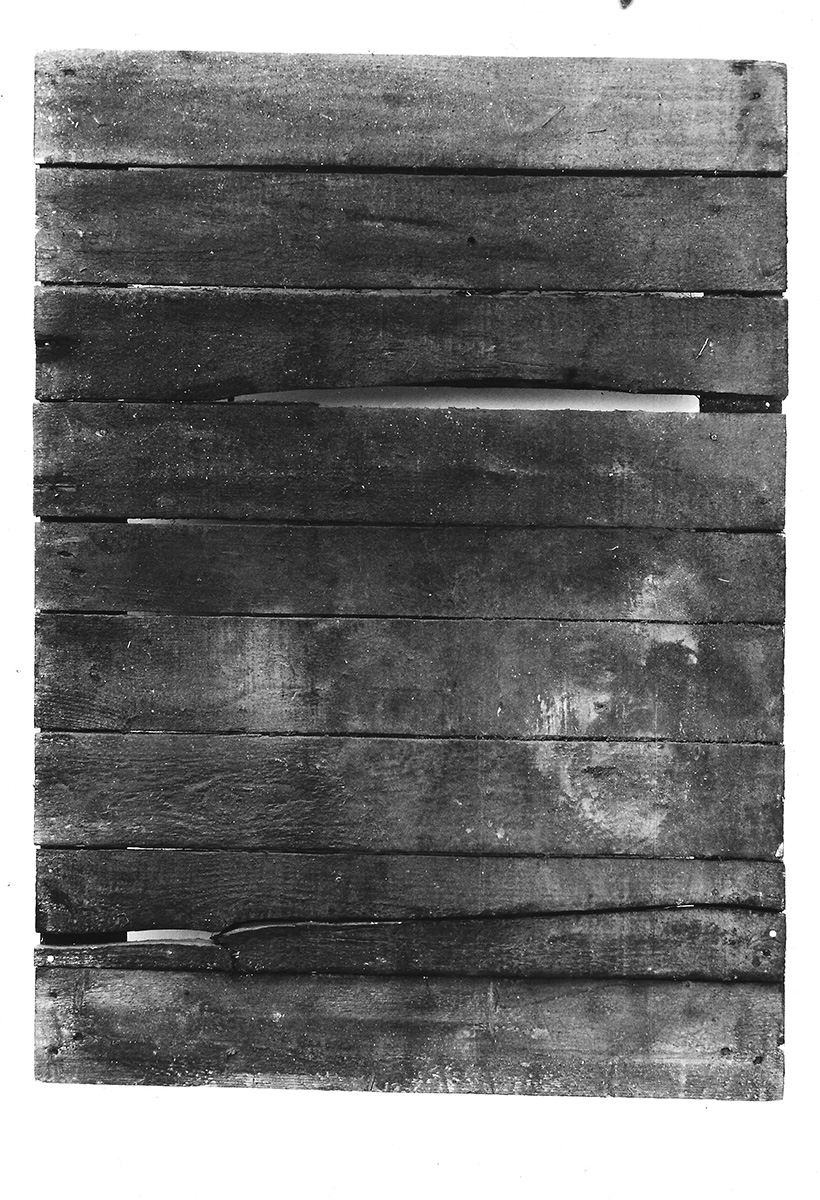
Pallet
Oil, charcoal and dust on wood
90 × 65 × 14 cm
1990
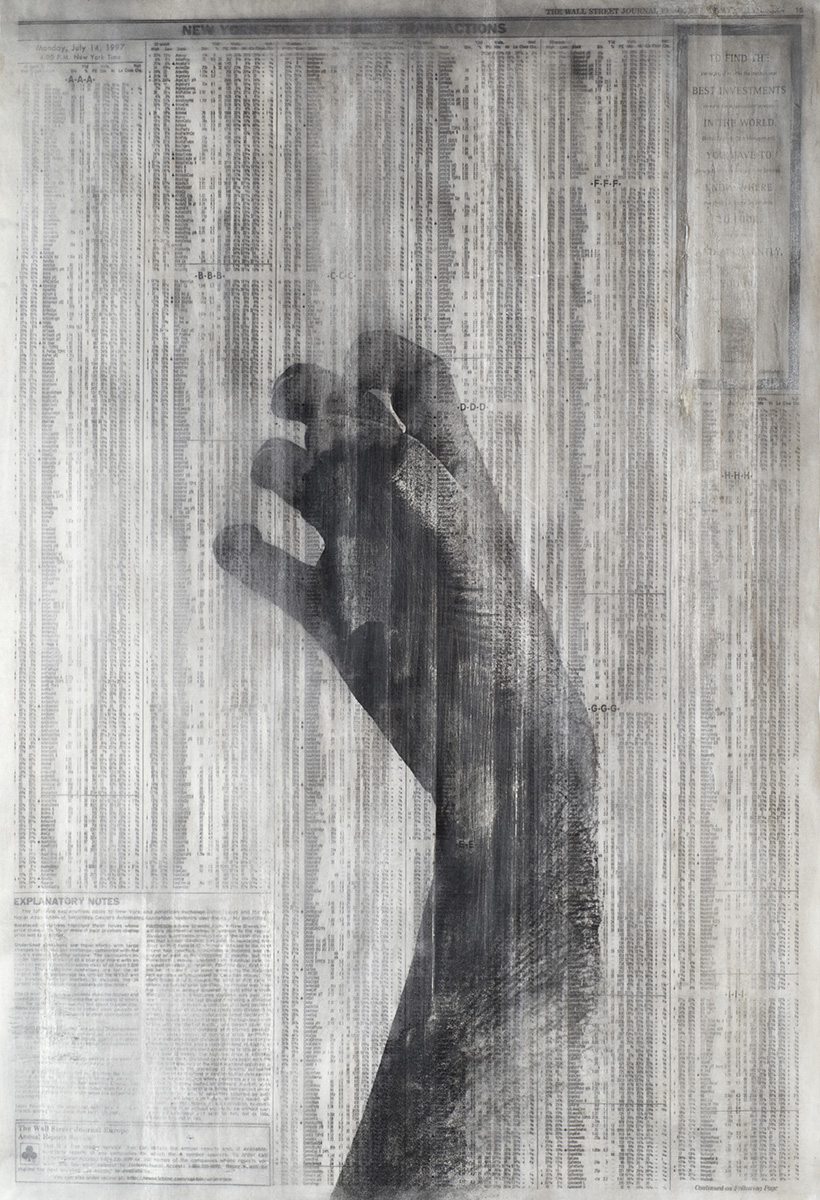
Untitled 3 (2020)
Acrylic, charcoal, graphite, carbon toner, pastel on paper
111.5 × 76 cm
2020
In the
interviews for the first issue of this magazine, the artist Emma Kohlmann
spoke: “I think
there are ways to combine creativity and art-making as a way that informs
action”; and curator
Francesca Gavin also pointed out that “if something
doesn’t have an altruistic vein to it, it feels strange.” I keenly feel through recent interviews, including
this one, that individuals involved with art are by nature heading
towards a direction that isn’t merely the “pursuit of
beauty” about
the overall consciousness of the art world.
So, as it was mentioned
in the interview with Saltoun, the sound artist Laima Leyton, who was
interviewed in our first issue, is also a participant in On Hannah
Arendt. For our next article, we would like to introduce the sound work
Leyton has provided to this project along with a short interview with her.
